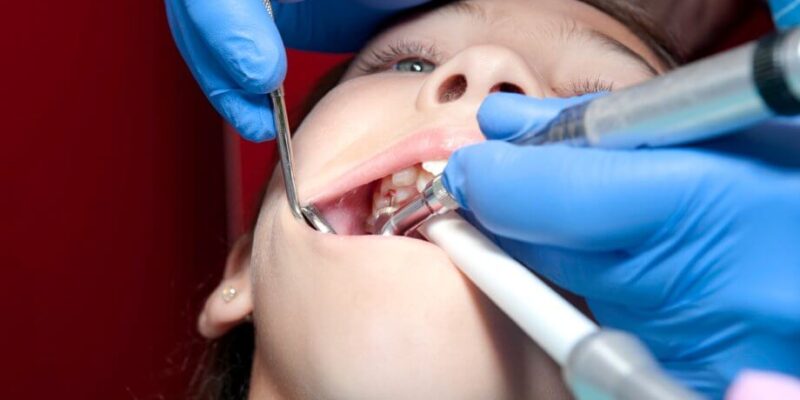A tooth plays a crucial role in your oral cavity, facilitating essential functions such as eating, chewing, and speech, while also contributing to your appearance and personality. Just like any other part of your body, your teeth need a blood supply and nutrients to stay healthy. This nourishment is provided by the dental pulp. But what exactly is dental pulp, and what functions does it serve?
The dentist in Brookline, MA, and their specialized team help us understand everything about dental pulp through this informative blog to keep us well informed.
A comprehensive guide to dental pulp
The dental pulp is that part of your tooth that lies in the innermost core and is protected by a layer of dentin and enamel. It lies in the center of the tooth and shapes itself to the form of the tooth. This space is known as the pulp cavity which is divided into two parts. The pulp is a connective tissue system composed of odontoblasts, fibroblasts, mast cells, plasma cells, fibers, connective tissue, and blood vessels that supply nutrition to the entire tooth.
Composition
The dental pulp consists of two parts: the pulp chamber and the root canals. The pulp chamber is the crown portion of the pulp that makes up the bulk, and the root canals are those portions of the pulp cavity that extend from the canal orifice to the apical foramen. The tooth may have a single canal or multiple canals depending on the teeth.
Potential functions of the dental pulp
Pulp performs four basic functions, namely:
- Protection against bacteria
-
-
- The immune cells in the dental pulp help detect and fight against invading germs.
-
- Sensory function
-
-
- The nerves in the dental pulp detect changes in temperature and pressure.
-
- Dentin formation
-
-
- Your dental pulp is responsible for the formation of dentin.
- Dentin supports your enamel and protects your tooth pulp
-
- Nutrient production
-
-
- Your tooth pulp makes proteins to keep your dentin healthy.
-
- Offers moisture
-
- The blood vessels in the dental pulp help keep your tooth moisturized.
- This reduces brittleness and keeps your teeth strong and healthy
The common disorders that affect the pulp
Different conditions can affect your tooth pulp, including:
- Pulpitis: Reversible or irreversible inflammation of the pulp.
- Pulp necrosis: Refers to the death of the pulp.
- Pulp calcification: Refers to the areas of calcium deposits in the pulp.
Conclusion
The dental pulp serves as the lifeline of your tooth, housing nerves, blood vessels, and connective tissue essential for its health. Maintaining good oral hygiene and scheduling regular dental check-ups are vital for preserving the health of your pulp and preventing dental infections.








Comments